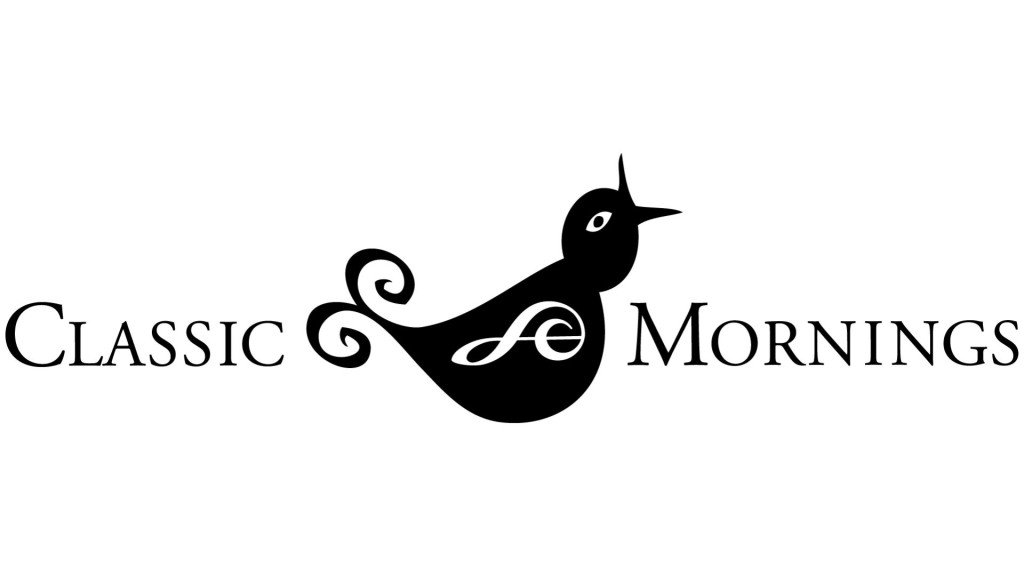Conducting Themselves Like Champions

They talk about it in sports all the time. Which head coaches have had the most appearances in the championship games? And which have had the most wins in those contests?
Somehow, all that came to mind while I was thinking about the annual New Year’s Day concert in Vienna. For a conductor, it’s quite an honor to be selected. And there’s a worldwide radio and television audience that comes with it!
Suddenly, I was interested in knowing which conductor holds the record for having led the concert the most times? Do you know?
It was Willy Boskovsky, for 25 consecutive concerts, from 1955 to 1979. During those years, he was the orchestra’s principal first violinist or “concertmaster.” Conductor Clemens Krauss appeared 13 times, beginning with the very first New Year’s Day concert in 1939, and for concerts in the 1940s and early 1950s. Lorin Maazel is in 3rd with 11 appearances, followed by Riccardo Muti with 6, and a 7th scheduled for 2025.
My curiosity about the New Years Day conductors was sparked by our CD acquisition of the 2013 concert, led by Franz Welser-Möst (Sony 88765440712). Coincidentally, I read that the Austrian conductor announced last month that he’ll be stepping down as Music Director of the Cleveland Orchestra in 2027. Though he has conducted the New Year’s Day concert only three times, he has his eye on setting a different record in Cleveland. He’s in his 22nd season and will have been at the helm for more years than any other conductor in Cleveland by 2027. George Szell was Music Director for 24 years. Earlier this season, Welser-Möst had some health challenges, which sidelined him for a few months. That came late in the year of his third January 1 appearance in Vienna. He also was on the podium for the 2011 concert.
I learned just recently that French oboist Maurice Bourgue passed away back in October, one month before his 84th birthday. He was born in Avignon. I came upon a quote by Bourgue at the website Oxford Academic: “At nine, my father, who was a clarinetist, asked me to choose an instrument. Since I couldn’t decide, he turned on the radio and said, ‘You will listen to this orchestra and listen well to all the instruments,” and I chose the oboe. I do not know the oboist to whom I owe this gift. I have never regretted this choice, despite all the torments one encounters while learning this instrument.’”
A couple of weeks before, I was led to an all-time roster of famous oboists, while searching for a list of those who became conductors. That was prompted by playing a performance led by Douglas Boyd. I’m familiar with a number of active oboist/conductors, including Albrecht Mayer, Nicholas Daniel, Hansjörg Schellenberger, and Paul Daniel. I play their recordings on Classic Mornings regularly.
It was fun to be reminded that Mitch Miller was an oboist/conductor. He’s probably best remembered as a record producer and executive, credited with starting the careers of legendary pop singers in the 1940s and 1950s. He also conducted his own orchestra and a sing along chorus on television. The lyrics of the songs were projected line by line at the bottom of the screen, with a little white floating ball that enabled you to keep pace with the words.
Miller played with George Gershwin at one point and was the soloist in the American premiere of Richard Strauss’s oboe concerto. He reminded me of all that in an interview I had with him years ago. He died in 2010 at age 99.
Mitch Miller didn’t tell the story behind the Strauss Oboe Concerto. John de Lancie, father of the actor, had been principal oboe of the Pittsburgh Symphony Orchestra until he joined the army in 1942. After the War, and while stationed in Germany, he had the chance to meet Richard Strauss. He asked the composer if he had ever considered writing an oboe concerto. The reply was a simple “no.” Months later, Strauss wrote an oboe concerto and eventually gave the rights for the American premiere to de Lancie. The oboist had joined the Philadelphia Orchestra after the War, but not as principal oboe. Since the honor of being the soloist would have belonged to the principal, de Lancie passed the rights on to young Mitch Miller, who was a friend. Miller gave the American premiere with the CBS Symphony Orchestra, a radio broadcast orchestra.
With no bouncing ball appearing on the roster pages, I allowed myself to be distracted, and to be introduced to the names of oboists from Baroque times to our own. When I started to wonder about which principal oboe of the Vienna Philharmonic held the record for the most New Year’s Day appearances, I decided the game was over.

